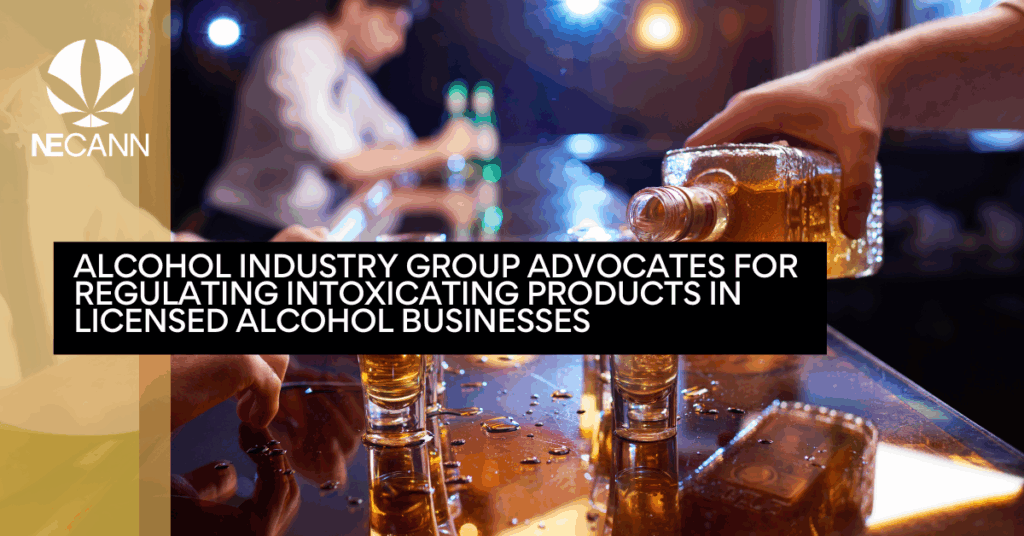The American Beverage Licensees (ABL), a prominent alcohol industry trade association, is urging states to adopt proven alcohol regulation practices for the sale of intoxicating THC products. Representing alcohol licensees in 26 states, the ABL has outlined a set of recommendations for state lawmakers to consider when drafting regulations for products containing THC, a compound known for its intoxicating effects.
In a policy memo released on April 4, ABL advocated for restricting the sale of these products to businesses already licensed to sell alcohol, such as restaurants, bars, grocery stores, and liquor stores. The ABL’s memo emphasized that these establishments, which are regularly inspected for compliance with laws preventing sales to individuals under 21, are uniquely equipped to handle the sale of intoxicating THC products responsibly.
John Bodnovich, Executive Director of ABL, stressed the association’s expertise in regulating beverage alcohol and its role in advising states on the best practices for balancing public safety with consumer access. He stated, “Beverage alcohol retailers are best positioned to not only sell [intoxicating THC products], but also to provide practical advice to states on how to implement a robust regulatory model.”
Currently, in regulated U.S. cannabis markets, the sale of alcohol alongside THC products is prohibited. However, in states where hemp-derived THC products are available, they are often sold alongside alcohol in less regulated settings like gas stations and liquor stores. ABL’s policy memo also includes calls for product testing regulations, a transparent tax structure, and penalties for underage sales to ensure the responsible distribution of intoxicating products.
As lawmakers across the U.S. continue to navigate the complexities of cannabis and THC regulation, the alcohol industry’s stance provides valuable insight into creating a regulatory framework that prioritizes both safety and consumer access.



